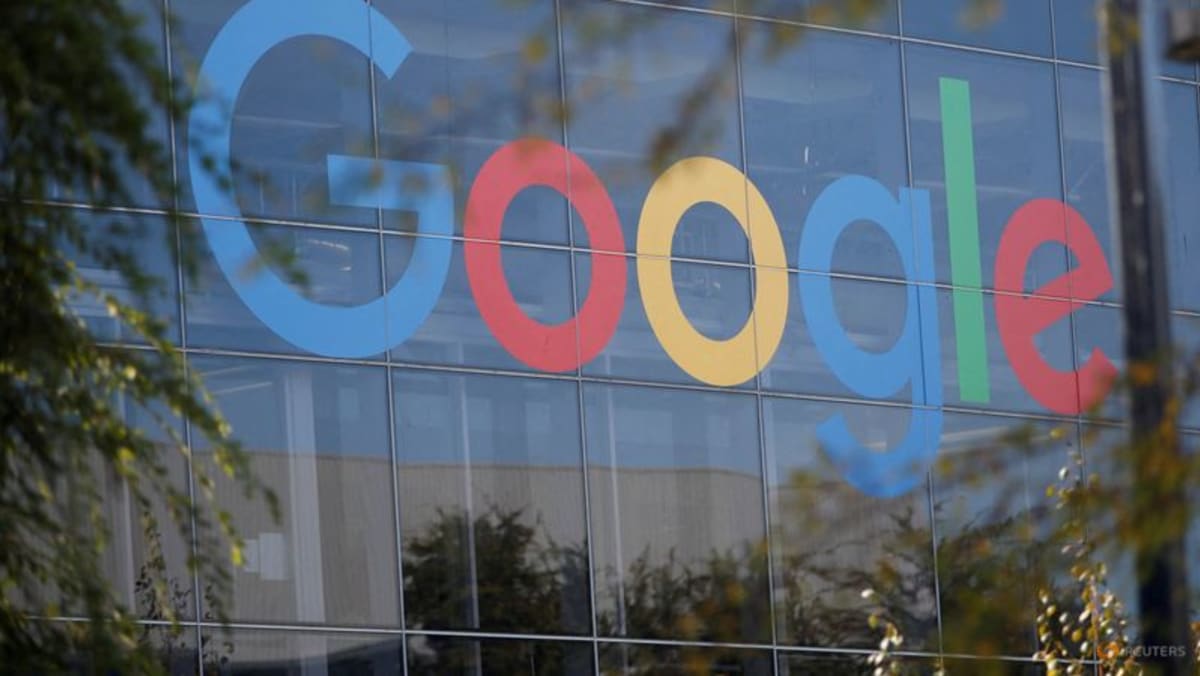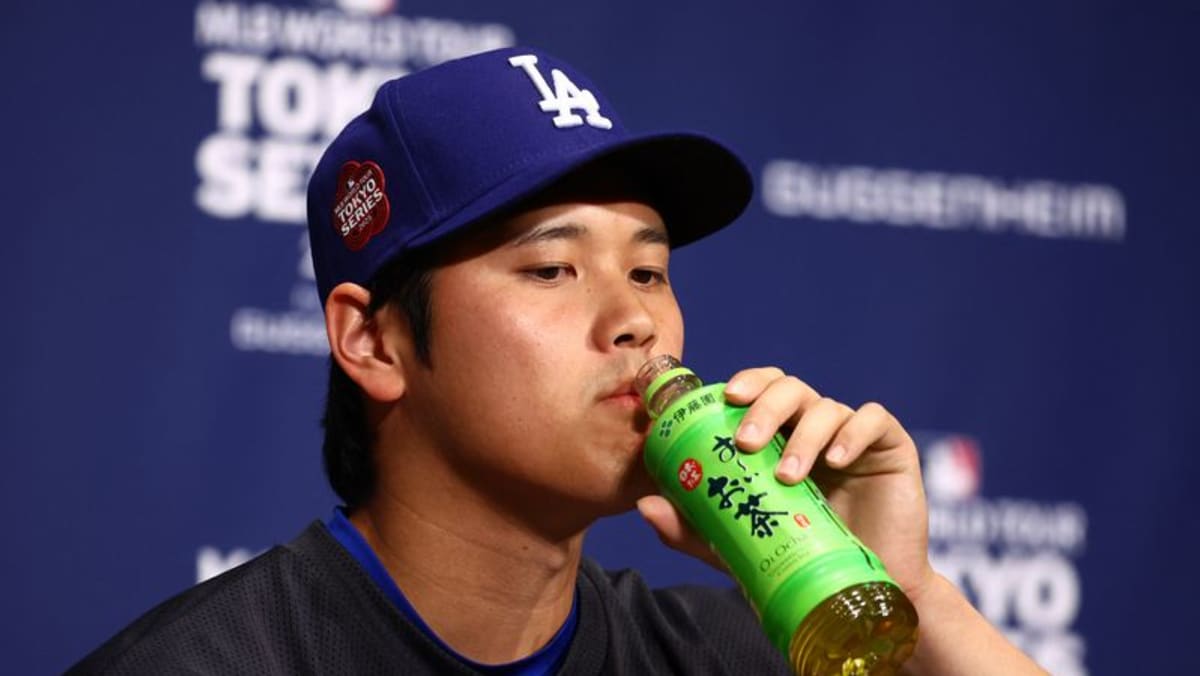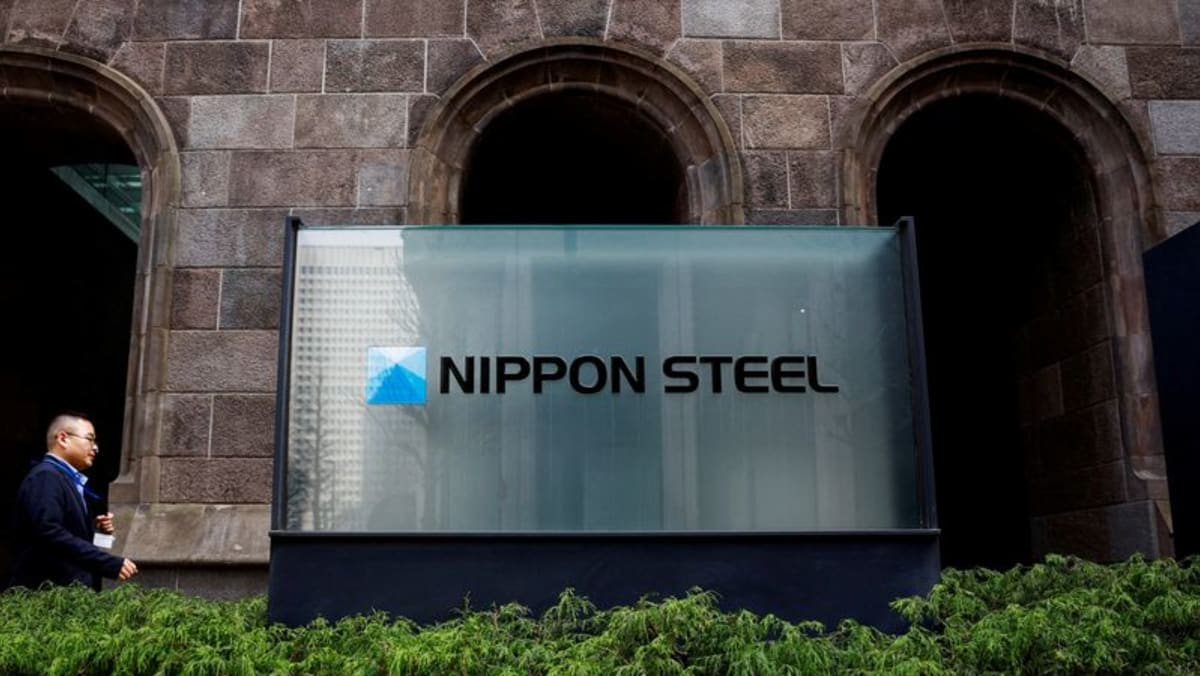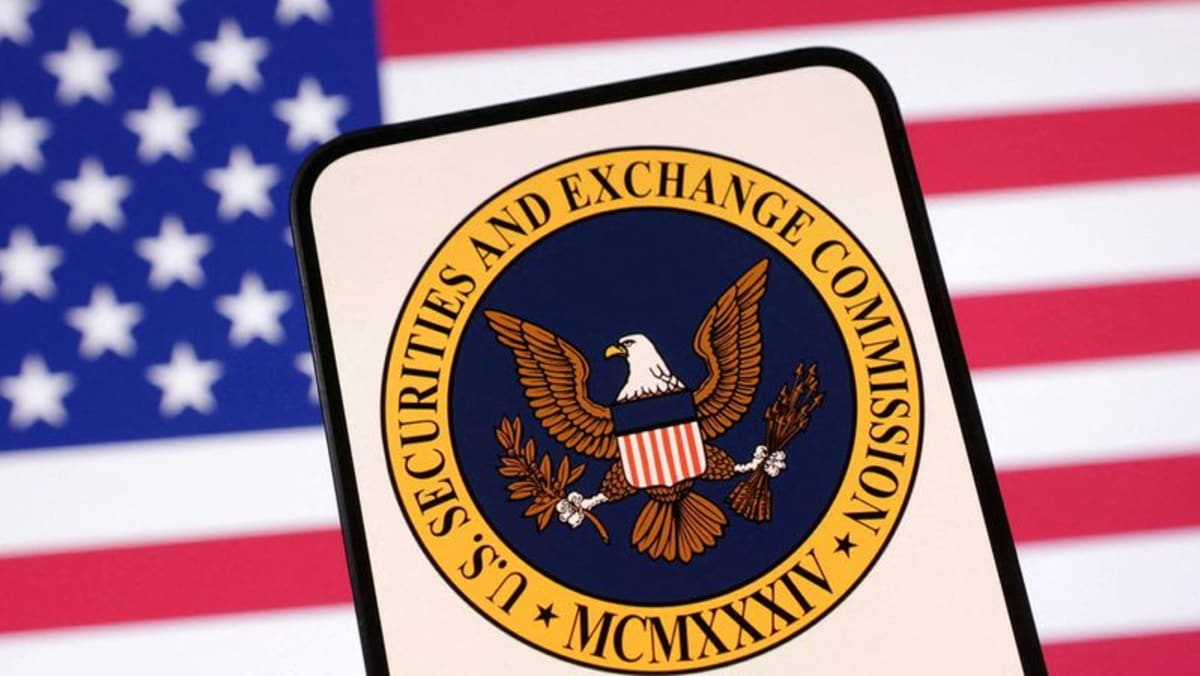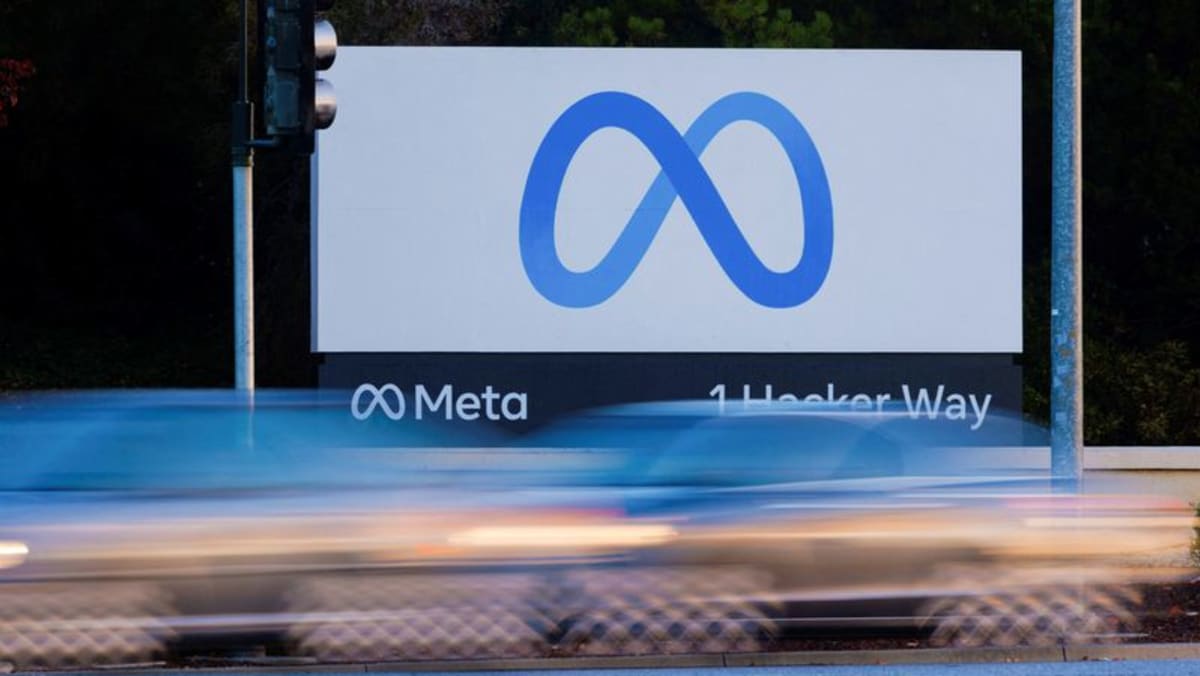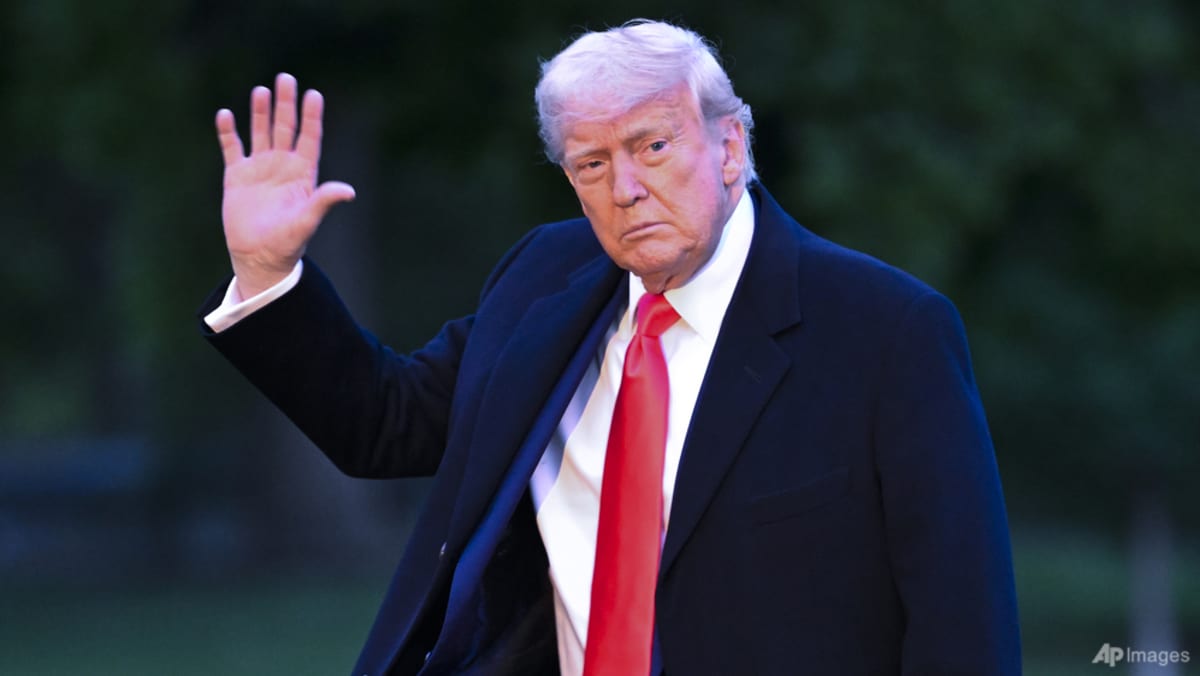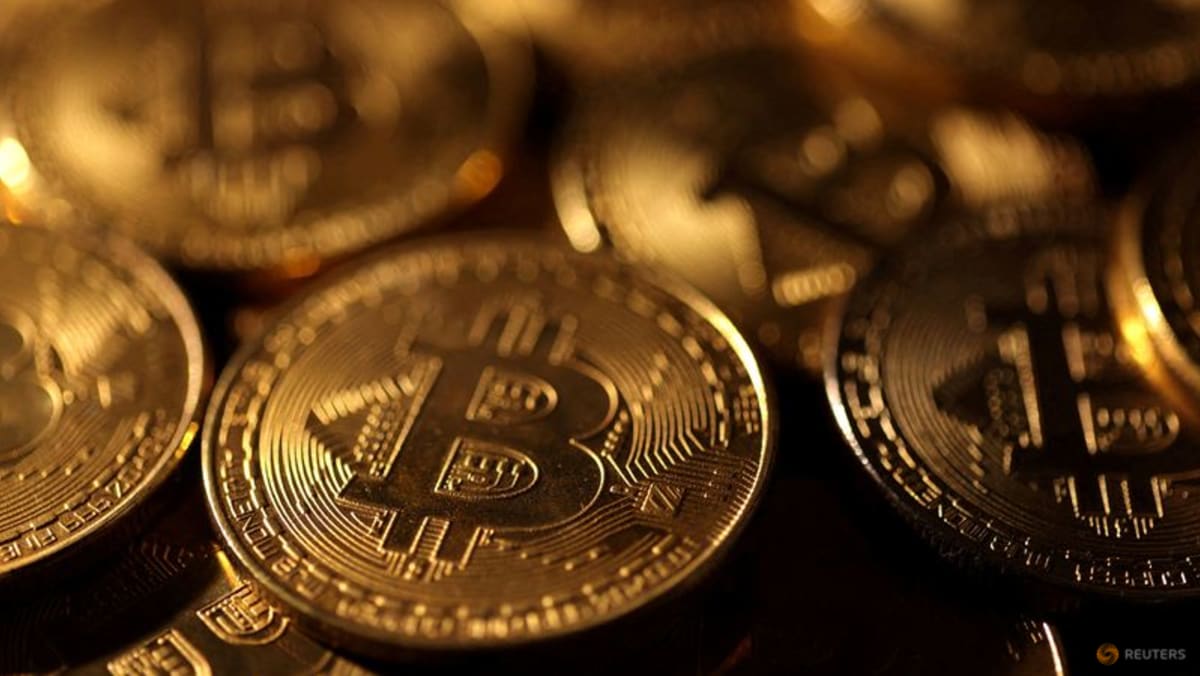TOKYO :Top Japanese tea brand Ito En’s latest push to win over health-conscious U.S. customers with its traditional unsweetened brew has hit a new road bump: President Donald Trump’s trade tariffs.
The company, which splashed out on a tie-up with Major League Baseball star Shohei Ohtani and launched a less bitter tea to capture a bigger slice of the lucrative growth market, is now debating whether to hike prices or move some production across the Pacific, executives said in interviews with Reuters.
The dilemmas facing Ito En can be found across Japan, the biggest foreign investor in the United States, as Tokyo’s trade negotiators return to Washington this week to try and strike a deal to cushion the blow to its fragile economy.
Makoto Ogi, Ito En’s general manager of international business development, told Reuters the company may raise prices of its products in the U.S. to compensate for Trump’s 24 per cent levy on Japanese goods set to come into force next month.
The problem is their retailers and distributors may resist for fear of losing sales. “We may not be able to ask them to raise our prices despite what Trump is saying,” he said.
The last time Ito En raised prices in the U.S. – by approximately 10 per cent in 2022 – sales dropped by around 5 per cent. The company said the decline reflected the price hike as well as factors such as COVID-19 that affected market conditions.
The company is also considering making tea bags in the United States, and bottling drinks there rather than in Japan, Taiwan and Thailand as it does presently, Ogi and other executives explained during interviews in Tokyo.
These details of the firm’s potential plans to counter tariffs have not been previously reported. The executives did not disclose the costs of such moves.
In its latest results released this month, Ito En reported its profit shrank by 8.2 per cent in the year to April, but forecast an 11 per cent jump this year.
It set a modest 3.7 per cent profit growth target for its U.S. tea business, versus 20.7 per cent growth achieved last year, an outlook partly related to tariffs, a company spokesperson said.
Its shares rose to nearly a four-month high in the wake of the results, with its president later telling investors the forecasts were “conservative”.
Many Japanese firms have set up war rooms to chalk out plans to restructure supply chains or cut costs to offset tariffs and keep their U.S. growth plans on track, said Mizuho Bank analyst Asuka Tatebayashi.
A survey of 3,000 Japanese companies by export promotion organisation JETRO late last year before Trump’s tariffs found the level of interest in U.S. markets at the highest in nearly a decade, with food and beverage companies like Ito En the most enthusiastic.
“When you talk to companies in Japan, the U.S. comes first,” said Tatebayashi, adding that they face shrinking domestic demand and are generally cautious about expanding into riskier emerging markets.
GRAND PLANS
For Ito En, the U.S. has long been a market it is eager to crack.
Five years ago, Joshua Walker, the newly-appointed head of U.S. non-profit Japan Society, hosted Ito En’s North America head Yosuke Honjo in his New York office.
Honjo gestured to the green-coloured bottles of their flagship ‘Oi Ocha’ brand lining the shelves and said he wanted them to spread around the world like Coca-Cola’s red bottle.
“It was refreshing. Japanese companies would not normally have ambition of that type of grandeur,” said Walker, recounting the executive’s previously unreported remarks. Honjo, via a company spokesperson, confirmed the remarks.
Founded in the 1960s by Honjo’s father and uncle, Ito En has grown to dominate Japan’s tea market, using around a quarter of the country’s total crude tea production.
Since expanding into the U.S. in 2001, it has dabbled in selling sweet and flavoured tea varieties familiar to Americans. But more recently it has focused on the unsweetened tea popular in its home market, hoping to tap health-conscious customers and a boom in Japanese food and cultural exports.
Honjo said growth has also been aided by a sharp rise in Asian Americans, estimated at nearly 25 million in 2023, or around 7 per cent of the U.S. population, according to the Pew Research Center.
Japan’s exports of green tea surged 24.6 per cent to 36.4 billion yen ($251 million) last year, with nearly half destined for the United States, official data showed.
Some equity analysts like Jiang Zhu of Tokyo-based rating agency R&I have highlighted the high marketing cost of Ito En’s international push at a time it faces tough competition at home from tea brands such as Coca-Cola’s Ayataka.
The company said it has around a 2 per cent share of the U.S. market for tea beverages, ranking eighth largest, with Unilever’s Pure Leaf leading the sector.
But it has a long way to catch up with the 3.9 billion gallons of Coca-Cola’s trademark Coke drinks sold in the U.S. last year, at only 3.1 million gallons by comparison, according to research firm Beverage Marketing Corporation.
“Kikkoman’s soy sauce is probably in every American household now, but it took about 50 years for it to become a part of the culture,” said Akihiro Murase, Ito En’s public relations manager, referencing the Japanese food manufacturer as a template for success.
“We are not there yet but we would like to make unsweetened green tea a part of the food culture,” he said.

